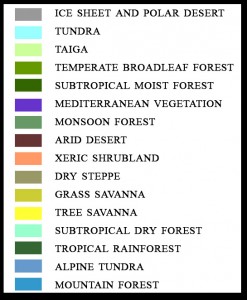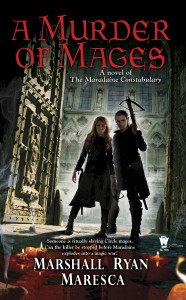Here's the thing about being a published writer: to some degree, you're putting yourself in the public spotlight. What you do with that spotlight, however small and faint, is up to you.
You don't have to do anything, mind you. You can just write books and let that, in and of itself, represent you. Suzanne Collins is a relatively private person, not going to cons or doing blog tours, and The Hunger Games is hardly suffering for it.
On the other hand, if you've got a spotlight, no matter how small and faint, you may decide you have things you want to say, be them political or personal. And, to a degree, if you've got a public identity you want to carve, then do your damn best at carving it.
Because sometimes, if you don't define your public persona, someone else is going to try to define it for you. And if that person's voice is loud enough, then what they have to say about you becomes who you are, as far as the public is concerned.
Now, if you do carve that public identity, then you also have to manage it. In the current highly charged political atmosphere, I've noticed that tends to mean playing to one's base. I've seen more than one writer (on all points of the continuum) who end up gravitating to the fringes, throwing more and more red meat at their base. Failure to throw said meat can then result in their base turning on them. I've seen plenty of fans-- extremists, to be sure-- declare that they were done with a writer due to a lack of ideological purity.
But, again, don't feel like you need to do that. You don't have to have a platform, political or otherwise. I certainly don't, because it just looks exhausting.
So, as far as my public person goes, I make blog posts about writing craft and process, worldbuilding, and whatever else crosses my mind. I go to the cons I can, try to sound charming and intelligent, and wear vests that look dashing.
And hey, speaking of, I'll be at ComicPalooza in Houston for Memorial Day Weekend. I will be wearing dashing vests. Come on over and say hello.


